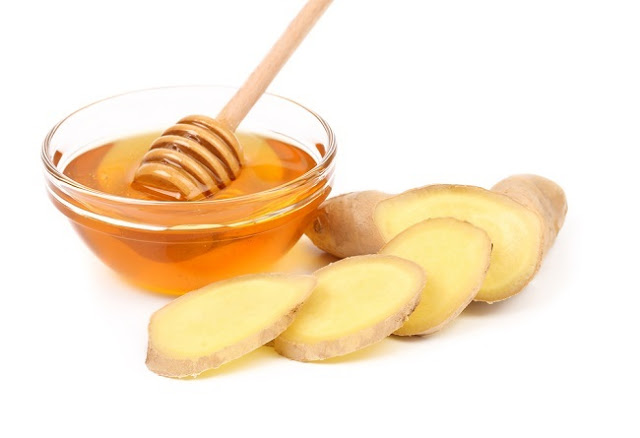Miscarriage Without Curettage and Treatment
Miscarriage can occur in all pregnancies. Besides being painful, miscarriage can cause extraordinary bleeding. Miscarriage can be divided into two, namely miscarriage without curettage (curette) and miscarriage with curettage.
Miscarriage is the death of a baby spontaneously before entering the 20th week during pregnancy. There are various causes of miscarriage, ranging from chromosomal abnormalities so that the fetus stops growing, is exposed to toxins, infections, physical disorders or overweight in pregnant women, to the age of pregnant women who are too young or too old.
Do Every Miscarriage Have To Be Curated?
Women sometimes do not realize if they have a miscarriage. However, there are actually several signs that can signal a miscarriage, including:- lower back pain
- abdominal pain that feels like cramps
- there are spots (blood spots) or tissue coming out of the vagina
- vaginal bleeding
- fever
- the body feels weak
Treatment after Miscarriage
After undergoing a curette or curettage process, you will need someone to accompany you home. You may experience mild abdominal cramps and slight vaginal bleeding over the next few days. But don't panic, because that's normal. Here are some things you need to do after undergoing a curette:Get enough rest and don't get too tired
Try not to do strenuous activities within 24 hours. Most women can resume their activities immediately within a few days after undergoing curettage.
Take pain relievers
You may experience stomach cramps and mild bleeding for several days to two weeks after undergoing a curette. Usually the doctor will give pain relievers like ibuprofen.
Do not put anything in your vagina
After doing a curette, you are not advised to put anything into your vagina, including having sex, for at least two weeks after the curette or until the bleeding is complete.
You can't use tampons
You are also not allowed to use tampons until you get your period. Menstruation usually occurs again within 2-6 weeks after the curette.
- Bleeding more than 2 weeks or very much bleeding
- Stomach cramps for more than 2 weeks
- Limp or dizzy
- Fever
- Foul-smelling vaginal discharge
Maintaining a Healthy Pregnancy
Both miscarriages without curettage or with curettage, they are not entirely preventable. However, there are several efforts you can do to reduce the risk of interference with your pregnancy. Some of these efforts, including:- Eat healthy foods that are rich in folic acid and calcium.
- Exercise regularly during pregnancy. However, first ask your obstetrician about the limits of exercise you can do.
- Maintain a healthy weight, i.e. not too thin and not too fat.
- Limit your intake of caffeine.
- Stay away from cigarettes and alcoholic drinks.
- Avoid activities that can cause injury or impact to your stomach.




Komentar
Posting Komentar